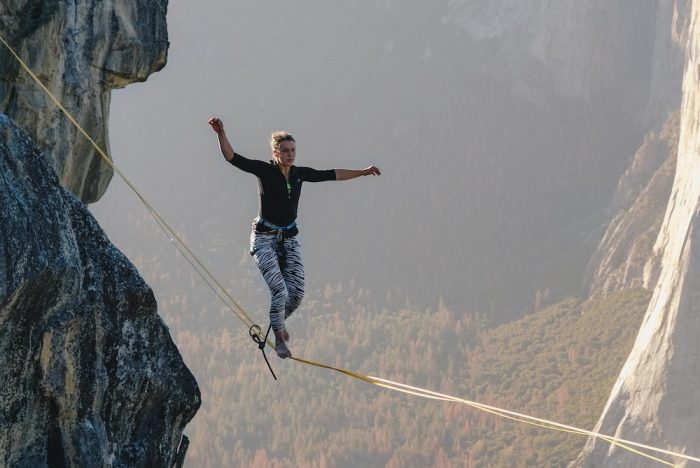When I first started practicing mindfulness, I had no idea what this simple but profound practice would give me.
It took me months to see and realize the effect that this practice had on me and my life, and what that meant for the future.
I found mindfulness through a Google search—yep, a Google search.
I had just completed my yoga teacher training and was drawn to meditation and stillness. I couldn’t shake it—the need to just be.
My entire life was spent on the go—always doing, always striving, always filling space with things to keep my mind busy.
For a long time, there was no end in sight. But, after years of doing, I craved being.
In a society where immediate gratification is standard and expected, sitting in silence with myself was deafening. There was no immediacy, there was no gratification. Instead, there was pain, grief, and difficulty.
This was definitely not what I signed up for, but it’s what I got. It took me awhile (a while) to learn that’s what mindfulness is—every feeling in its own unbound glory, here in the present moment.
I signed up for the eight-week MBSR (Mindfulness-Based Stress Reduction) foundation course, and found myself sitting with feelings that had been built up for years.
I hated it. I immediately questioned the benefit of mindfulness and meditation.
Was this it? Why would people advocate for something so painful? Was I just supposed to sit here and be uncomfortable in my feelings and sensations?
The answer turned out to be an astounding yes.
I soldiered on. I kept sitting, I kept coming back—not because of what happened during my meditation, but because of what I noticed in my life after my practice became more consistent.
I started to notice what happened with my body when I was stressed or anxious. For someone with an anxiety disorder and PTSD, this is huge. I became more in tune with myself, and I started to slow down and take deeper breaths. There seemed to be more time for things, an abundance of space to slow down.
Mindfulness cultivates awareness and allows us to be in the present moment without judging our experience—but what does that actually mean?
I became kinder to myself, I stopped beating myself up unnecessarily. I learned how to come back to myself again and again, no matter how far away I got. I started to notice when I would zone out or stress scroll through my phone (an involuntary action to escape the present moment).
It’s much easier to ignore things than to greet them with open arms.
In-between moments became my magic and life force, and they still are—the space in between breaths, pauses in conversation, the silence of the night sky.
Tuning into and becoming aware of myself showed me how to tune in and become aware of everything and everyone around me and to show up right here and right now for exactly what’s happening, no matter how difficult or uncomfortable.
Mindfulness is not for the faint of heart, but it changed my life in immeasurable ways.
The benefits were there all along. I just needed to pay attention.












Read 1 comment and reply